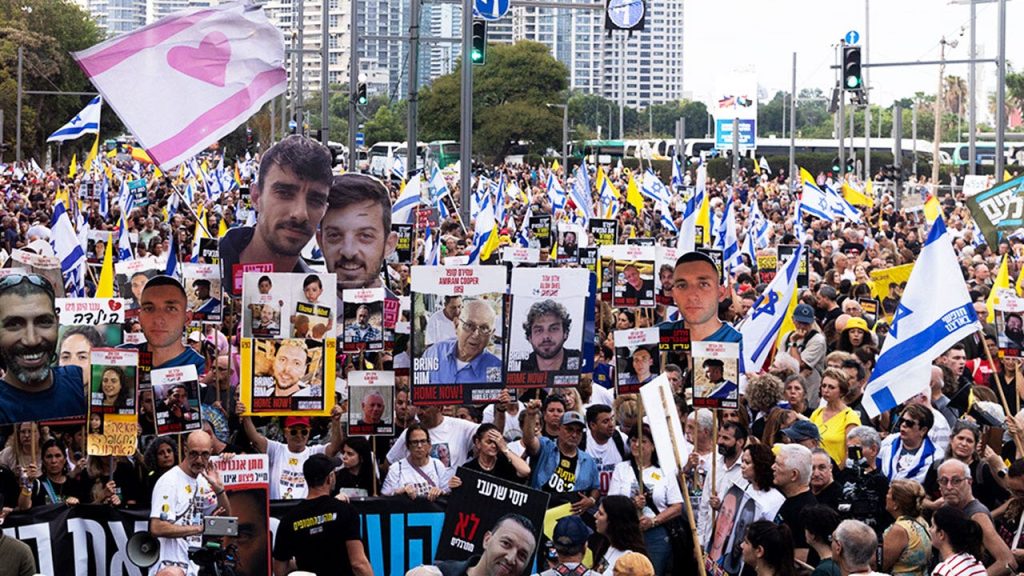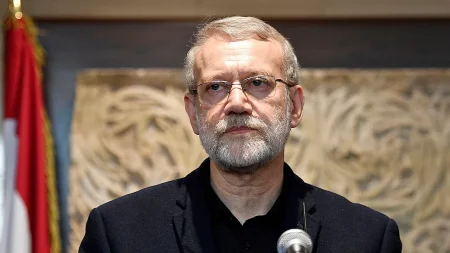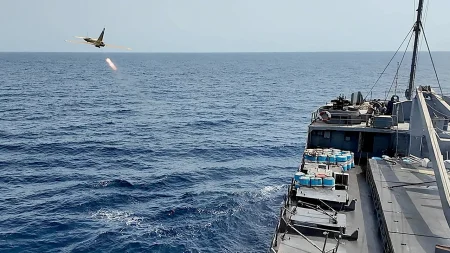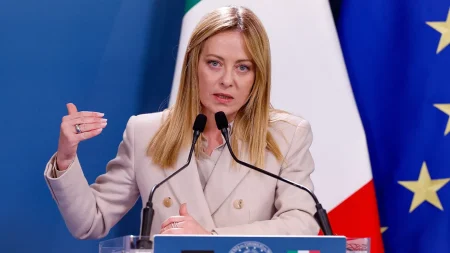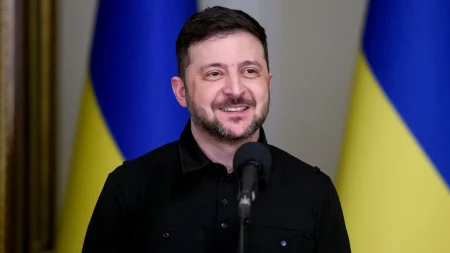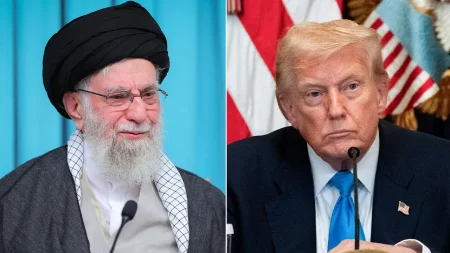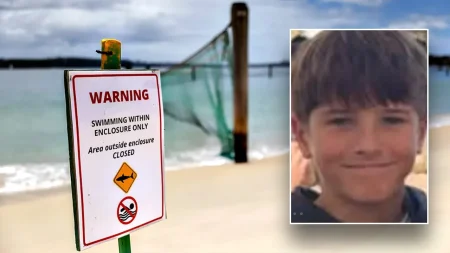White House Pushes for Gaza Hostage Release Amid Complex Negotiations
In a moment of intense diplomatic pressure, White House special envoy Steve Witkoff expressed urgency in securing the release of all hostages held in the Gaza Strip, stating plainly, “We adamantly want, and I’m following the president’s direction here when I say this, all of those hostages home this week.” Speaking on Fox News’ “Special Report,” Witkoff highlighted that a potential deal has lingered on the negotiating table for nearly two months – one that would have freed 10 of the estimated 20 living hostages. He placed the blame for delays squarely on Hamas, describing how the group “slow played that process” only to now claim they accept the terms. This diplomatic dance continues against a backdrop of growing frustration, with Israeli officials maintaining a hardline stance that demands all hostages be returned before any ceasefire agreement can be reached, particularly as they prepare for military operations in Gaza City.
The human toll of this diplomatic stalemate is becoming increasingly evident as families of the hostages voice their desperation. The Hostages and Missing Families Forum stated poignantly, “Time is running out, and we know that only by finalizing this deal can we bring all 50 hostages home – those who are alive to begin their healing journey, and those who were tragically lost to receive a dignified burial.” This heartbreaking statement reflects the dual anguish of families hoping for reunions while others seek closure through proper burial of their loved ones. The forum also expressed disappointment that even as massive demonstrations swept through Tel Aviv – with reports of 350,000 people gathering at Hostage Square – the Israeli government “continues to delay progress on the agreement, contrary to the people’s will.” These public displays of solidarity demonstrate the growing pressure on Prime Minister Netanyahu’s government to prioritize hostage return over military objectives.
The complexity of these negotiations extends far beyond a simple exchange, as Witkoff acknowledged that substantial discussions about Gaza’s future governance remain contentious. He suggested that negotiations could continue after hostage returns regarding “what next day looks like in Gaza after this is all done and what the definition of Hamas is.” This careful phrasing reveals the delicate balancing act U.S. officials must maintain, as Israel has consistently vowed the complete destruction of Hamas while mediators seek compromises that might allow for hostage releases. When pressed on whether Hamas should be completely destroyed, Witkoff diplomatically stated it wasn’t his “call,” instead emphasizing the potential for negotiations involving Palestinian prisoner exchanges – acknowledging the human lives caught in the balance on both sides of the conflict.
The humanitarian stakes could not be higher, with fifty hostages still held by Hamas since the October 7, 2023 attack, though only twenty are believed to still be alive after nearly two years in captivity. This grim reality creates tremendous urgency for families who have endured almost unimaginable waiting and uncertainty. President Trump recently injected new hope into the situation by predicting a “conclusive” end to the Gaza war within “two to three weeks,” though he provided no specifics on how this would be accomplished. The Hostages and Missing Families Forum responded with cautious optimism: “We pray this is true and that you gave a deadline to end our suffering. You have committed directly to released hostages that you will bring all of the hostages home – now is the time to make that happen.” Their words reflect both hope and skepticism born from previous disappointments.
As diplomatic efforts intensify, Witkoff mentioned that President Trump would be hosting a White House meeting to discuss a “day after” plan for Gaza, though specific details about participants remained undisclosed. When pressed for more information, a White House official offered only that “President Trump has been clear that he wants the war to end, and he wants peace and prosperity for everyone in the region,” while declining to provide additional meeting details. This circumspect response suggests the delicate nature of ongoing negotiations, where public statements could potentially derail progress. The focus on post-conflict planning indicates recognition that any sustainable resolution must address not just immediate hostage concerns but also the longer-term governance and security arrangements for Gaza’s future.
The current impasse represents a profoundly human tragedy playing out against complex geopolitical realities. Families on both sides of the conflict continue to suffer – hostage families enduring the agonizing wait for loved ones while Palestinian civilians face ongoing humanitarian crises amid military operations. Reports that Israel’s security cabinet refused to review a partial hostage release deal underscore the challenging balance between military objectives and humanitarian imperatives. Meanwhile, massive public demonstrations in Israel reflect growing domestic pressure for prioritizing hostage returns. As negotiations continue, the words of the Hostages and Missing Families Forum hang in the air with poignant urgency: “We have no time left – let’s make this deal happen now.” Their plea cuts through diplomatic complexities to the fundamental human truth at stake – that each passing day represents additional suffering for captives and their families awaiting resolution.




